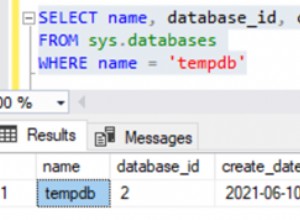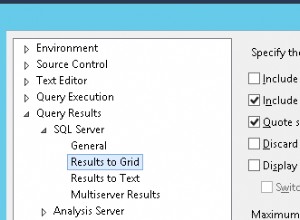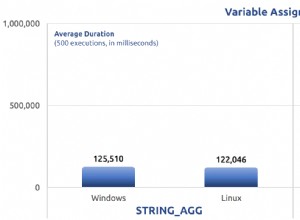Spróbuj tego:
SELECT * from (
SELECT banned as Punisher, banned_by as Punished, ban_reason as Reason, ban_expires_on as Expire, ban_time as Date FROM mb_bans
UNION
SELECT kicked as Punisher, kicked_by as Punished, kick_reason as Reason, NULL as Expire, kick_time as Date FROM mb_kicks
UNION
SELECT muted as Punisher, muted_by as Punished, mute_reason as Reason, mute_expires_on as Expire, mute_time as Date FROM mb_mutes
UNION
SELECT warned as Punisher, warned_by as Punished, warn_reason as Reason, NULL as Expire, warn_time as Date FROM mb_warnings
) d order by d.Date DESC;
EDYTUJ
Jak mogę uzyskać typ rekordu? (tzn. czy zwrócony wynik pochodzi z tabeli banów, tabeli wyciszeń, tabeli kopnięć itp.)
SELECT * from (
SELECT banned as Punisher, banned_by as Punished, ban_reason as Reason, ban_expires_on as Expire, 'ban' as TableType, ban_time as Date FROM mb_bans
UNION
SELECT kicked as Punisher, kicked_by as Punished, kick_reason as Reason, NULL as Expire, 'kick' as TableType, kick_time as Date FROM mb_kicks
UNION
SELECT muted as Punisher, muted_by as Punished, mute_reason as Reason, mute_expires_on as Expire, 'mute' as TableType, mute_time as Date FROM mb_mutes
UNION
SELECT warned as Punisher, warned_by as Punished, warn_reason as Reason, NULL as Expire, 'warn' as TableType, warn_time as Date FROM mb_warnings
) d order by d.Date DESC;




